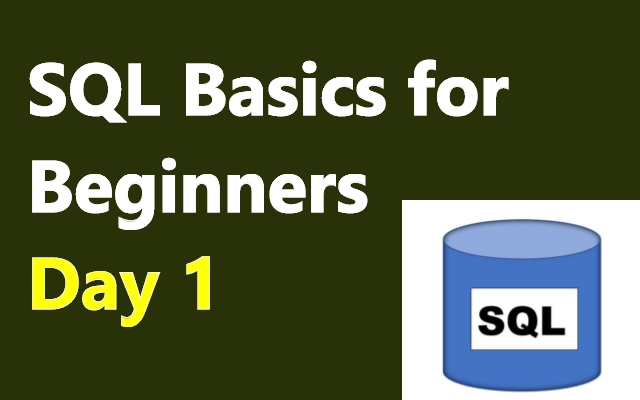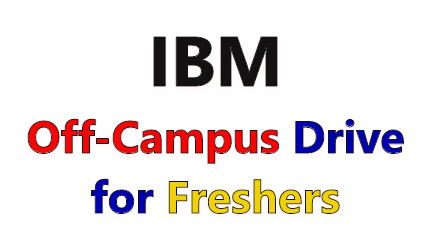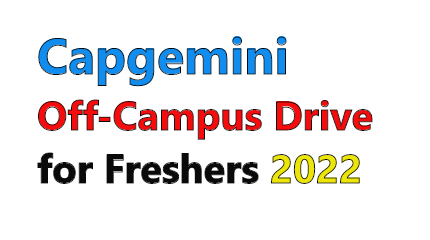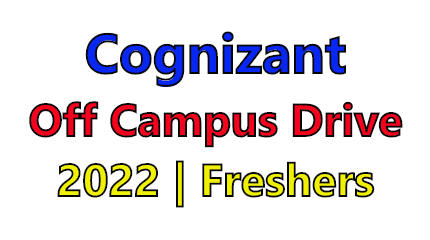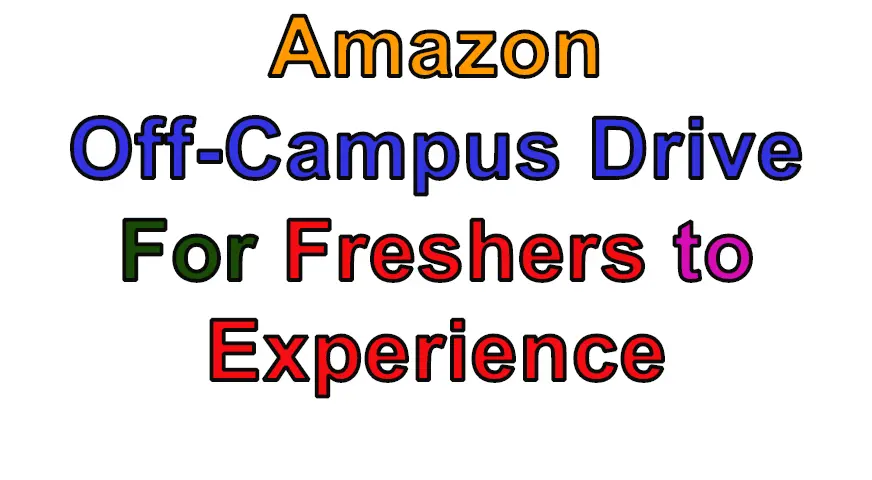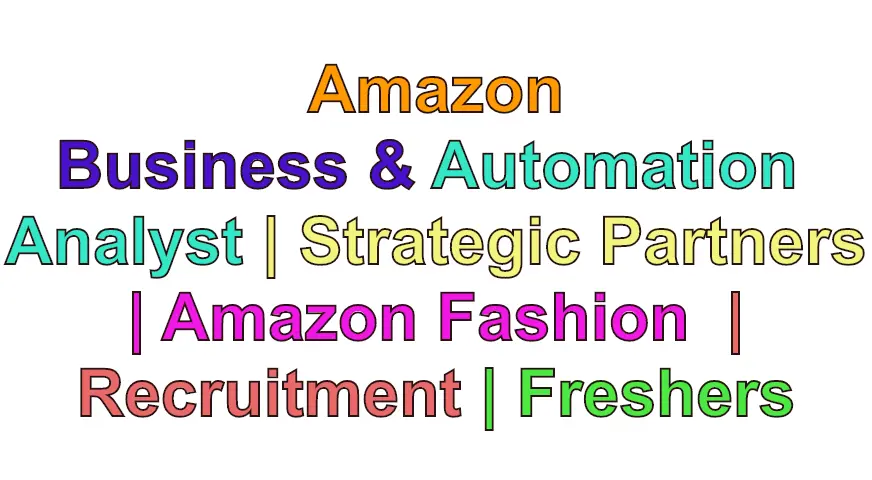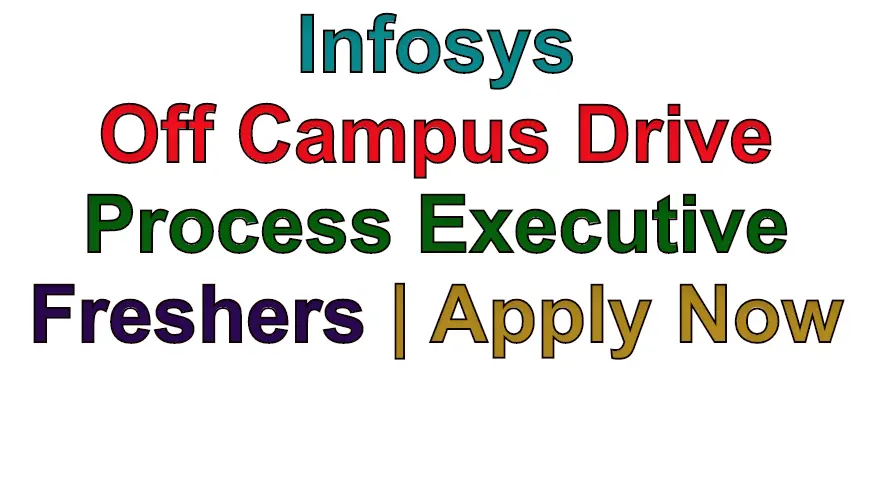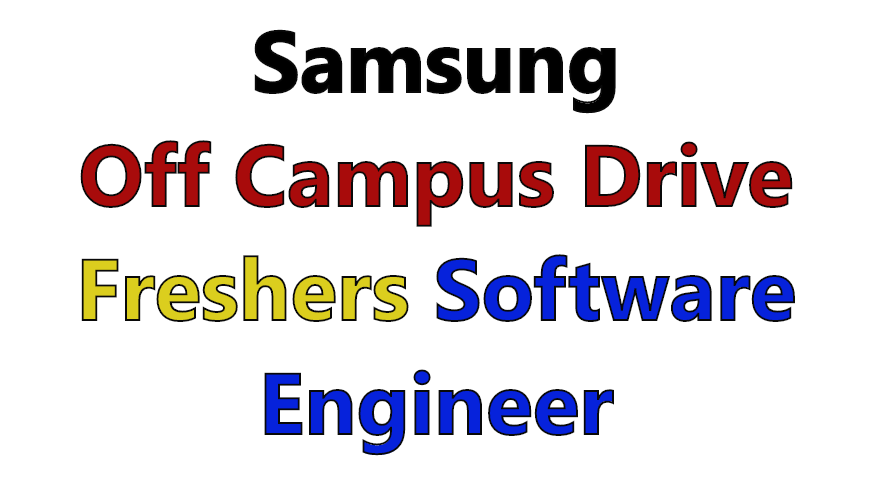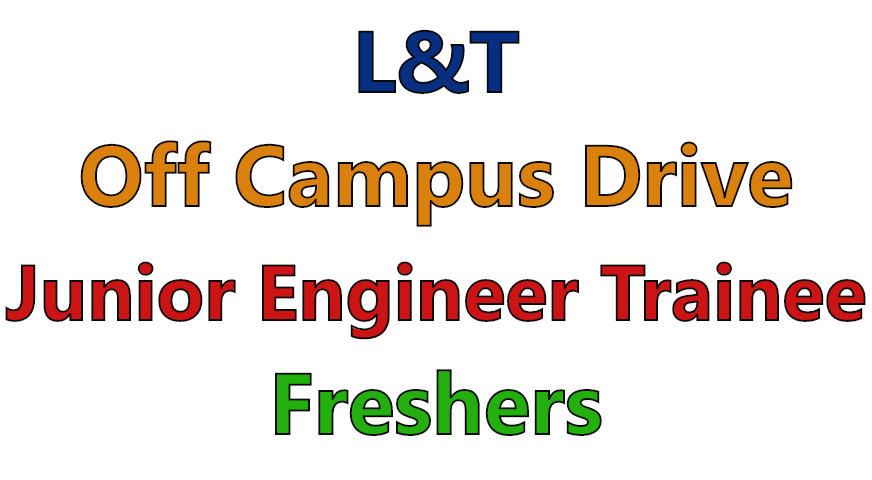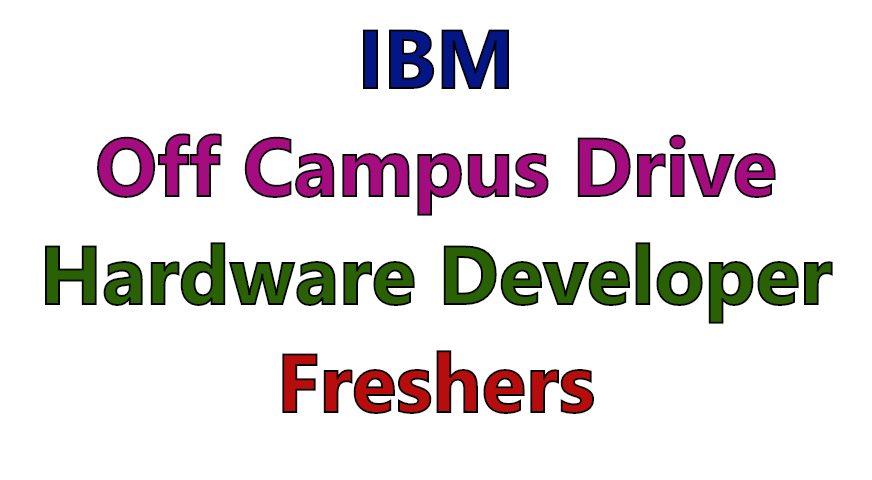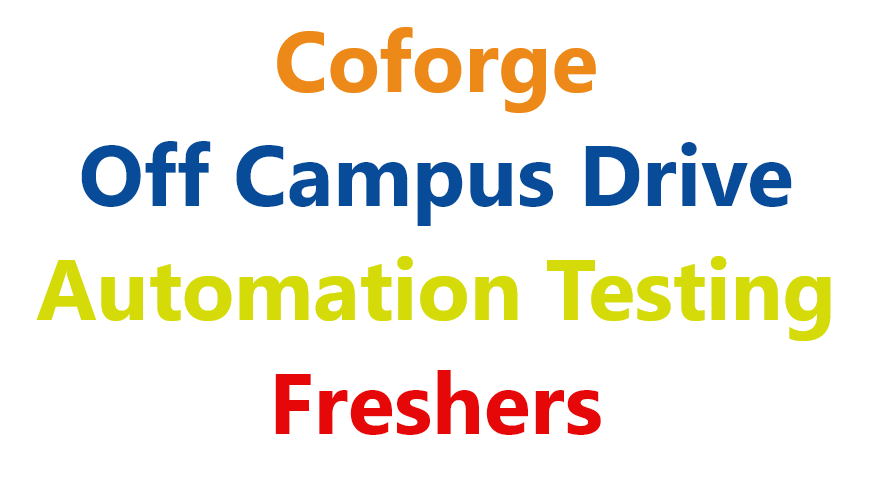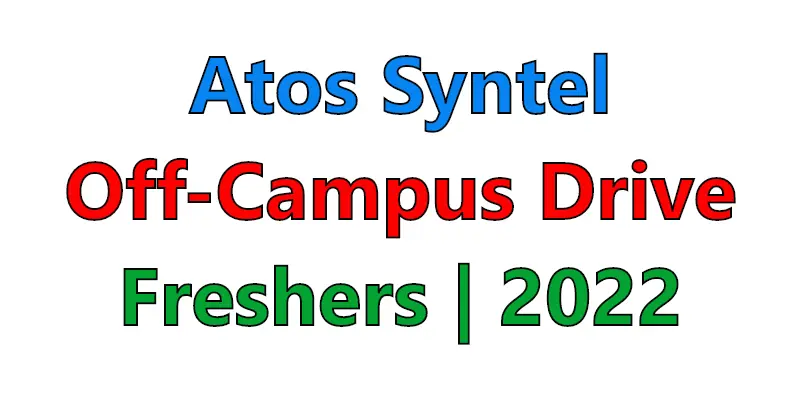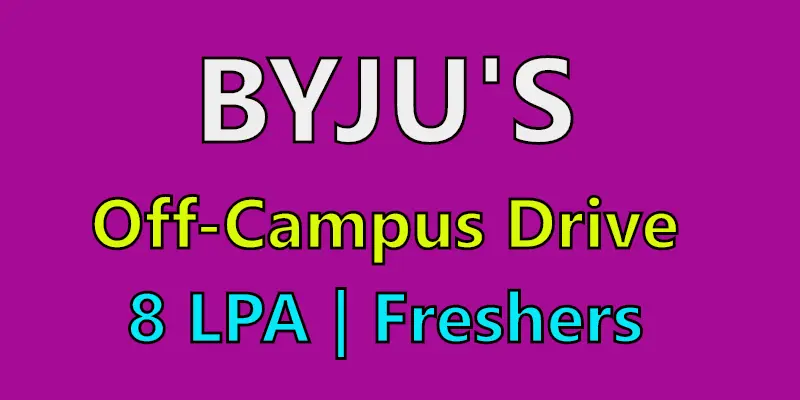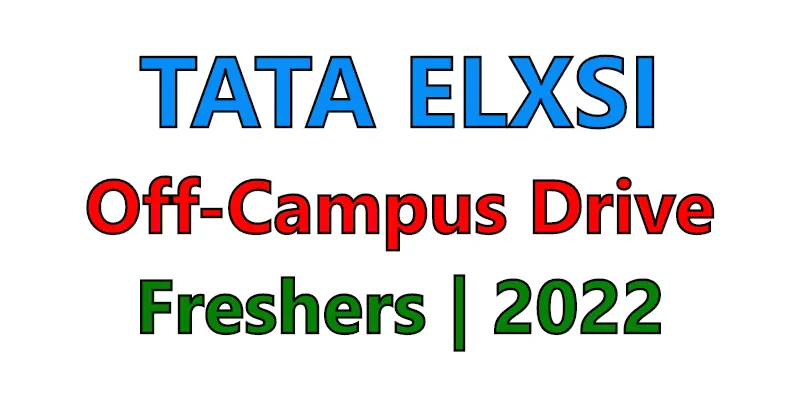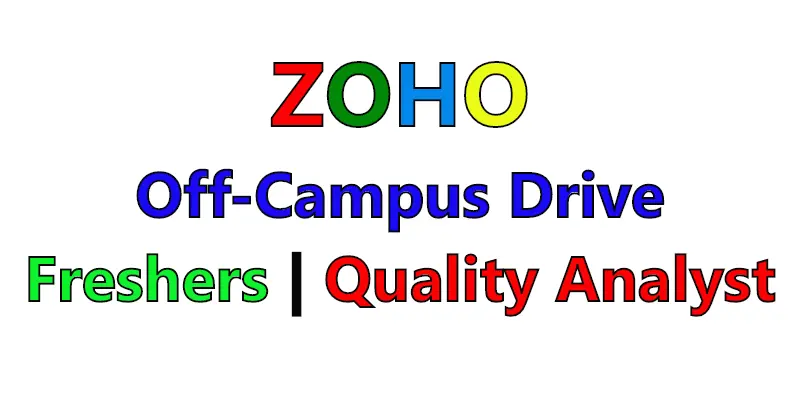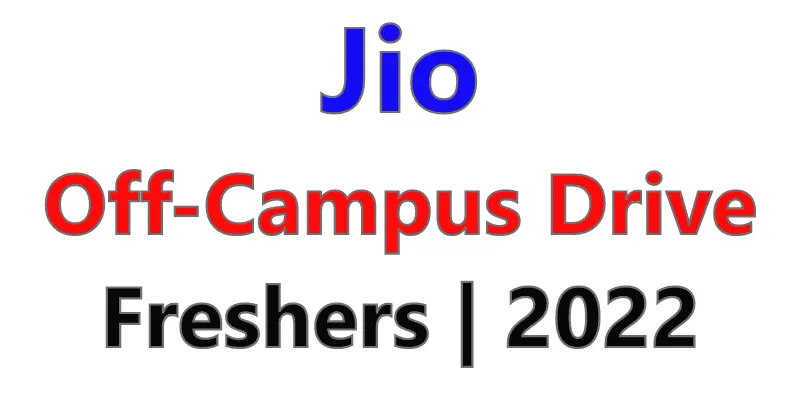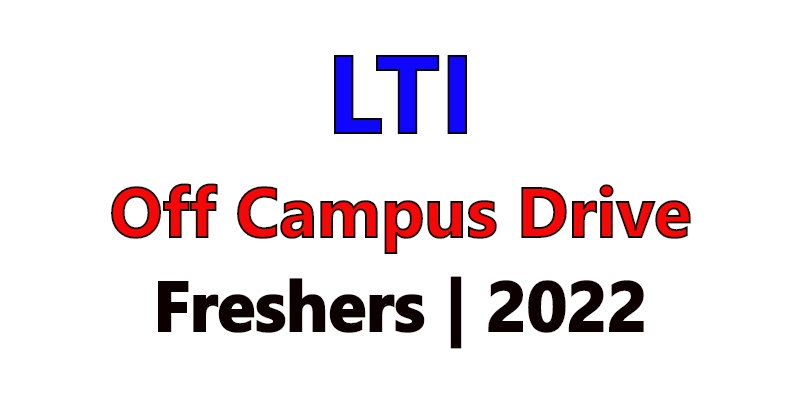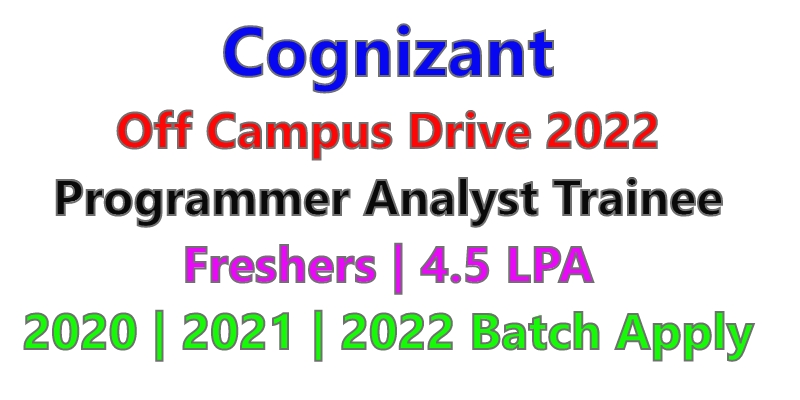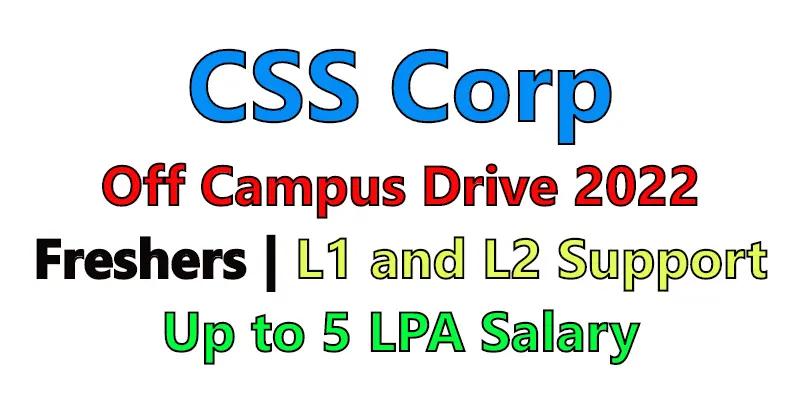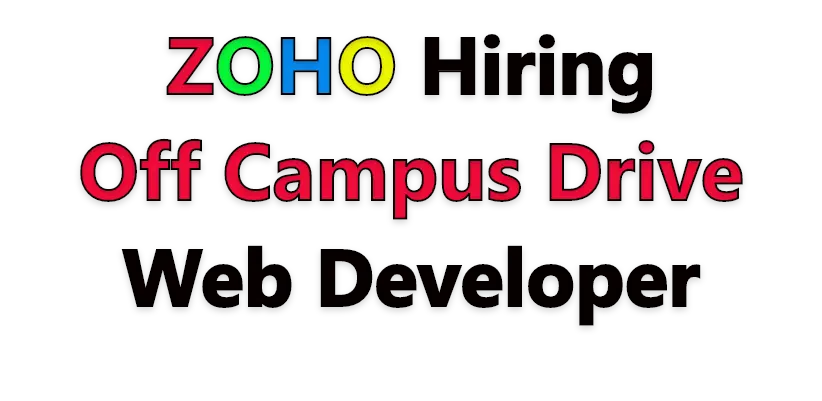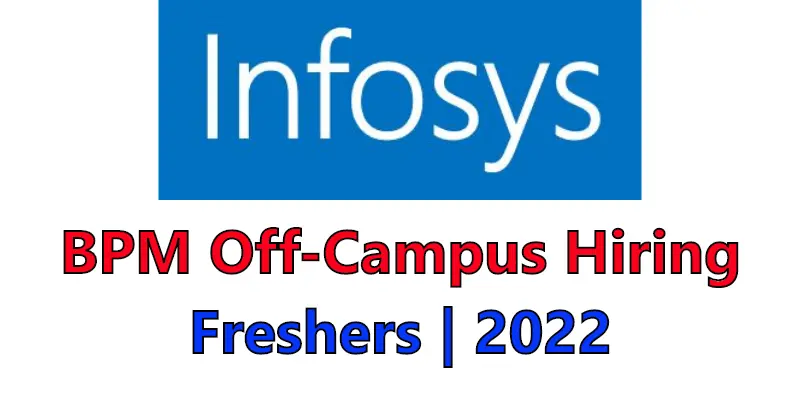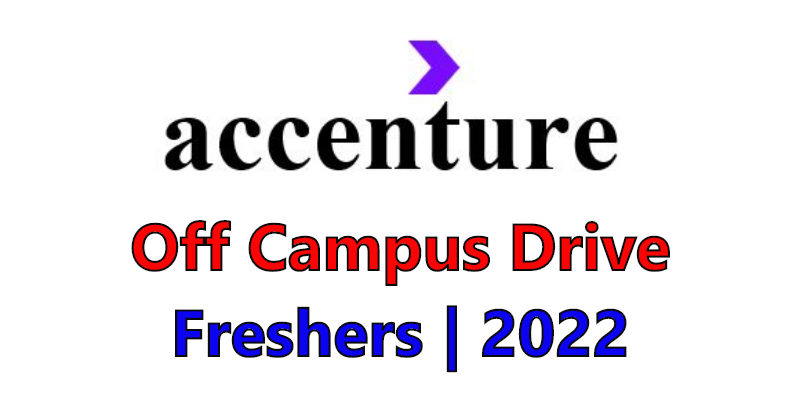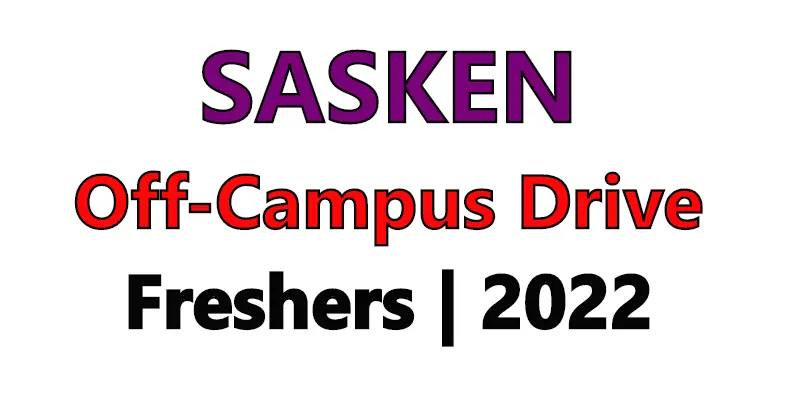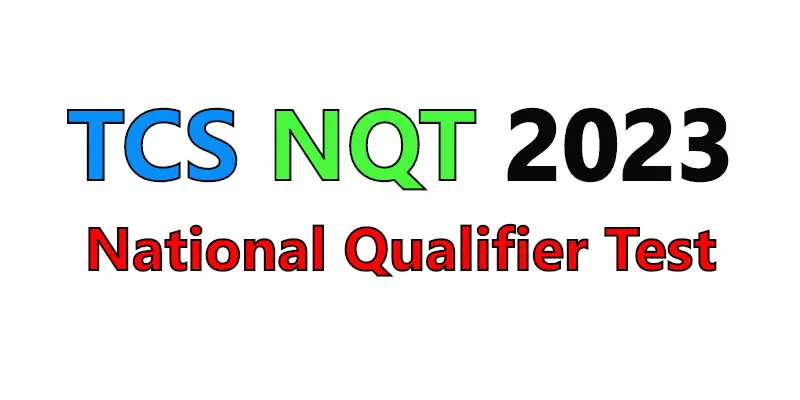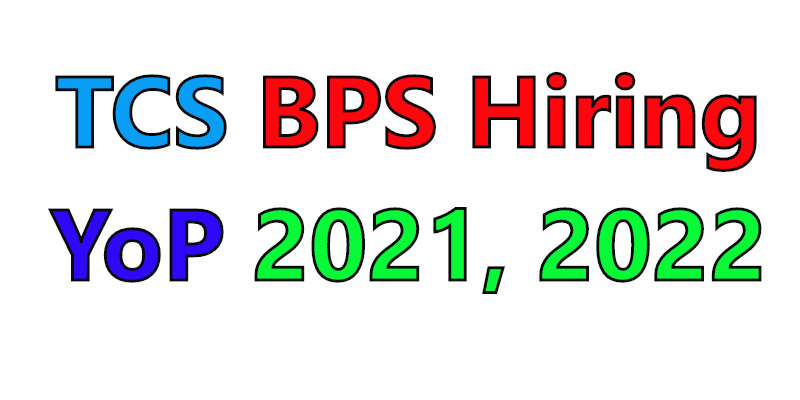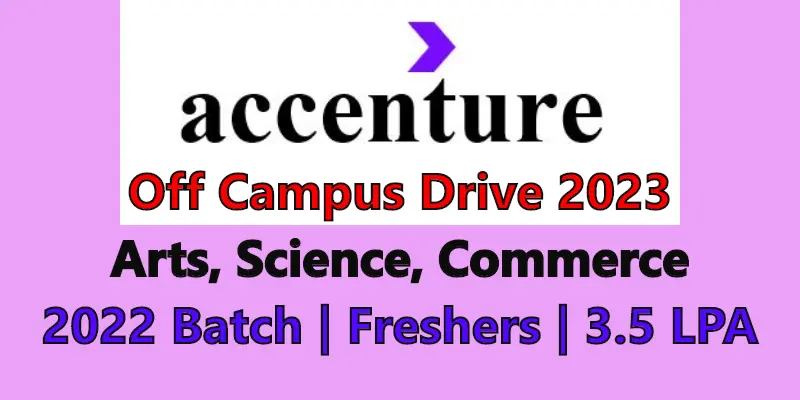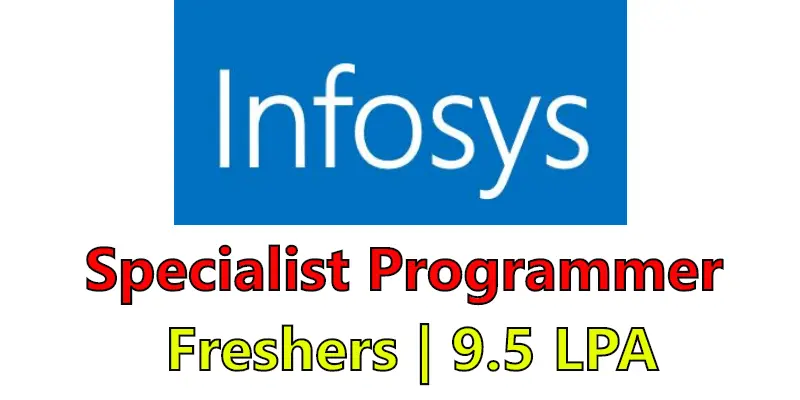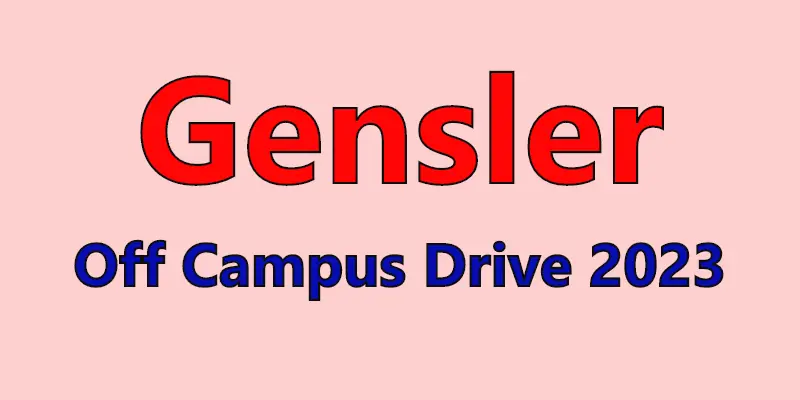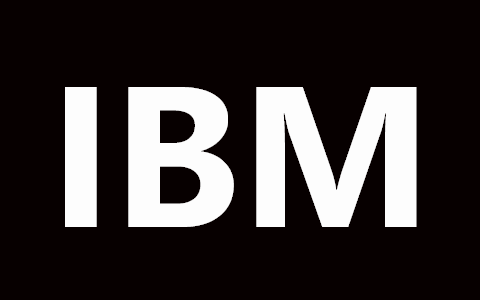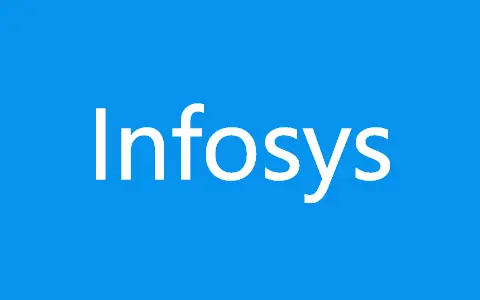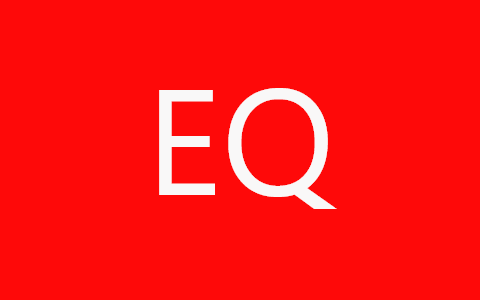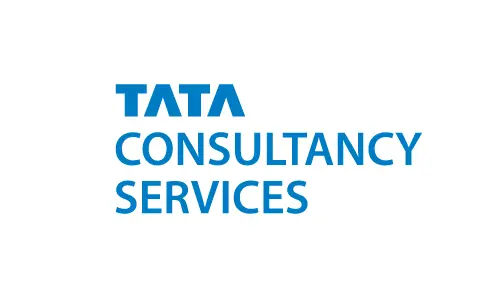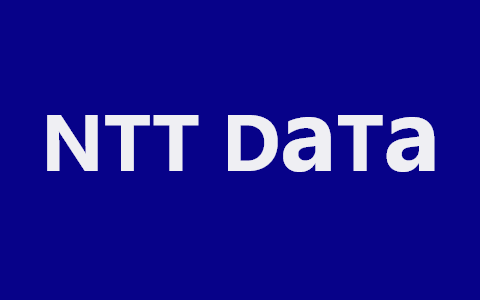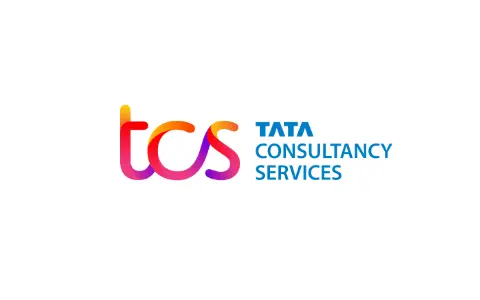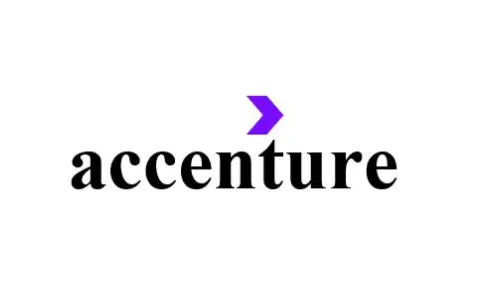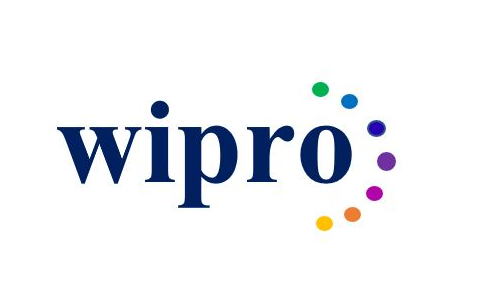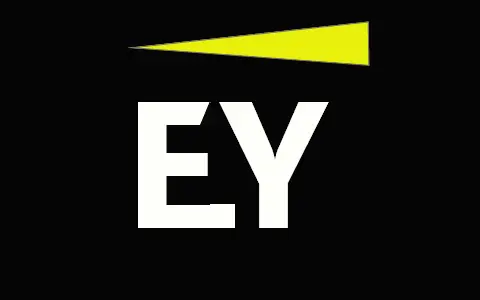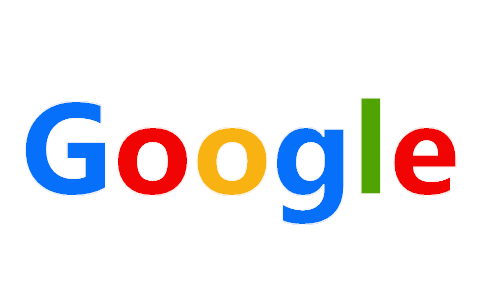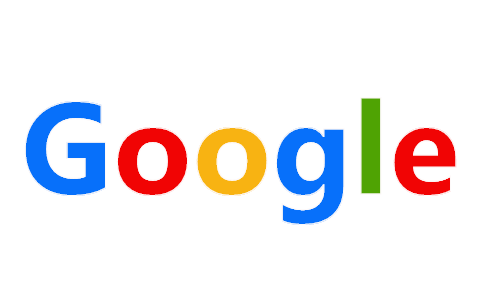
Top 10 Programming Languages for Beginners in 2024: From Web Dev to AI
- 140k
- 88k
- 56k
Are you a beginner in coding? Worrying about coding? Here is a list of guides for your first step.
Choosing the right programming language to learn can feel overwhelming, especially for beginners. But fear not, aspiring coders! This guide will introduce you to the top 10 programming languages for beginners in 2024, catering to diverse interests from web development to artificial intelligence.
Python:
Why it's great for beginners: Python's syntax is clear, concise, and easy to read, making it a gentle introduction to coding. Its vast library of pre-built tools and frameworks simplifies development, allowing you to focus on learning core concepts.
What you can build: Web applications, data science projects, machine learning models, automation scripts, and more.
JavaScript:
Why it's great for beginners: JavaScript powers the interactive elements of websites and is increasingly used for mobile app development through frameworks like React Native. Its prevalence makes it a valuable skill for web enthusiasts.
What you can build: Interactive websites, mobile apps, games, and web applications.
Java:
Why it's great for beginners: Java offers a structured and object-oriented approach to programming, laying a solid foundation for learning other languages. Its large community and abundance of resources provide ample support for beginners.
What you can build: Desktop applications, enterprise software, Android apps, and web applications.
C#:
Why it's great for beginners: C# is similar to Java's structure and object-oriented approach, but it's specifically designed for Microsoft's .NET platform and Windows development. Its integration with the Unity game engine makes it attractive for aspiring game developers.
What you can build: Windows applications, .NET applications, games, and web applications.
C++:
Why it's great for beginners: C++ is a powerful language that offers fine-grained control over memory and hardware, making it ideal for performance-critical applications like game development and system programming. However, its steeper learning curve compared to other languages on this list requires more dedication.
What you can build: Games, system software, high-performance applications, and embedded systems.
Go:
Why it's great for beginners: Go's focus on simplicity and concurrency makes it easy to learn and write clean, efficient code. Its growing popularity in cloud-native development and microservices architectures makes it a future-proof skill.
What you can build: Cloud applications, microservices, web applications, command-line tools, and more.
Kotlin:
Why it's great for beginners: Kotlin is a modern language designed for Android app development alongside Java. Its conciseness and modern features like lambdas and null safety make writing and maintaining code easier than Java.
What you can build: Android apps, web applications, and desktop applications.
Swift:
Why it's great for beginners: Swift is the primary language for developing apps for Apple devices, including iPhones, iPads, Macs, and Apple Watches. Its playgrounds and beginner-friendly resources make it approachable for newcomers.
What you can build: iOS apps, iPadOS apps, macOS apps, watchOS apps, and tvOS apps.
R:
Why it's great for beginners: R is a powerful language for statistical analysis, data visualization, and machine learning. Its large community and extensive package ecosystem cater to diverse data science needs. However, its syntax can be less intuitive for beginners compared to other languages on this list.
What you can build: Statistical models, data visualizations, machine learning models, and data analysis tools.
SQL:
Why it's great for beginners: SQL is the standard language for interacting with databases, making it essential for virtually all data-driven applications. Its simplicity and versatility make it a valuable skill for any aspiring programmer, regardless of their chosen field.
What you can build: Database queries, data analysis tools, and web applications that interact with databases.
Remember, the "best" programming language for you depends on your interests and goals. Explore different languages, try online coding tutorials, and don't be afraid to experiment! With dedication and practice, you can unlock the exciting

1 month ago
wcqxREbZeBxylLJiZcYx
eEhKRiENCnPdEtqNjKHu
